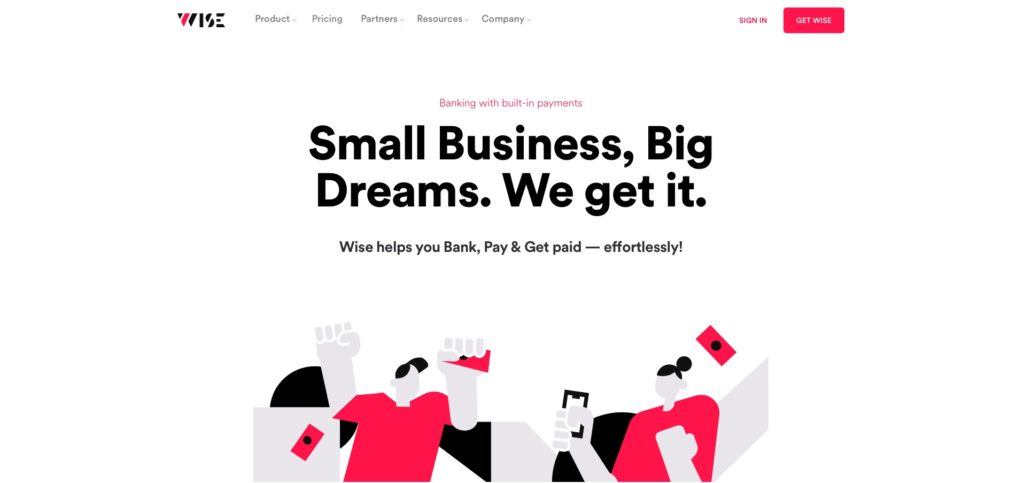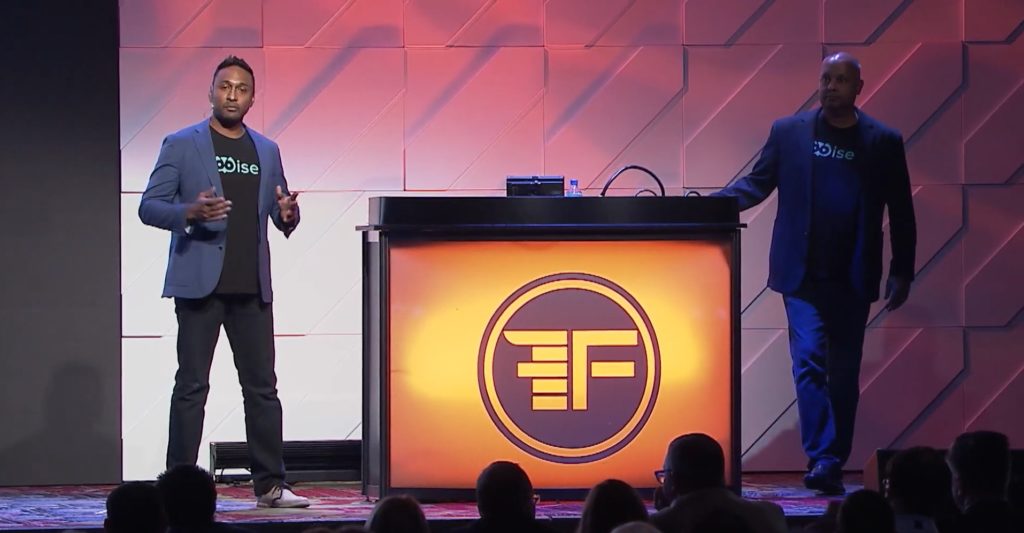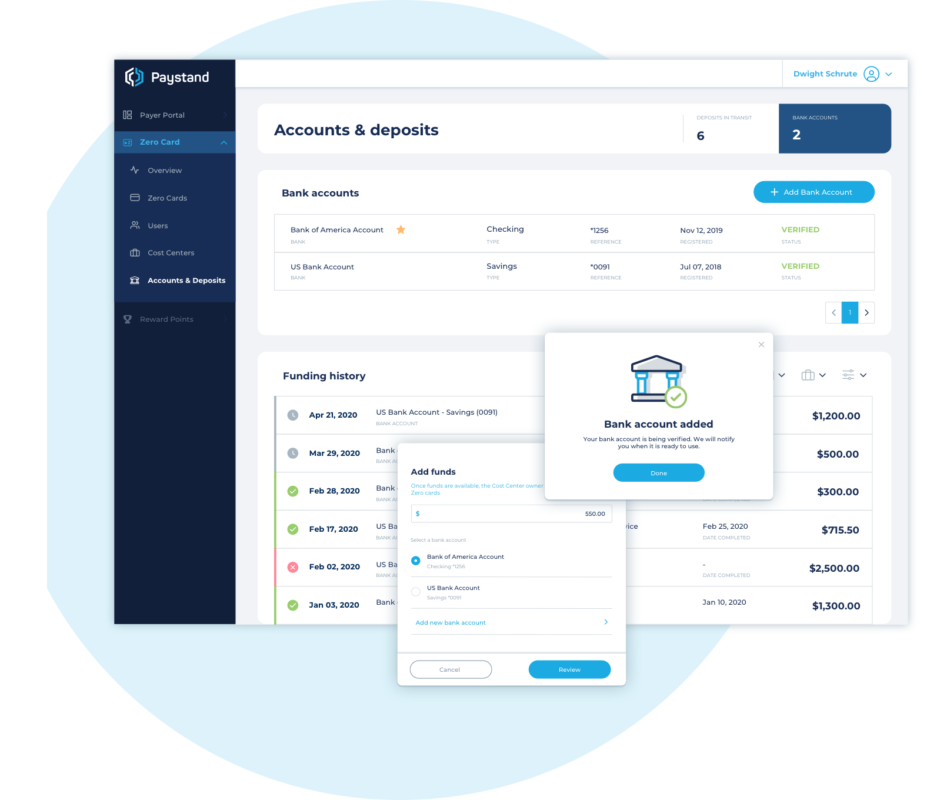
In the latest example of the New Economy leveraging the best of the Old Economy, online payments innovator Stripe (founded 2010) announced that it has hired Dhivya Suryadevara as its new Chief Financial Officer. Suryadevara will leave her position as CFO for General Motors, a company that was founded in 1908.
“Dhivya is a rare leader who has run an industry-leading leviathan but also gets excited about enabling the brand-new products and the yet-to-be invented products, too,” Stripe co-founder John Collison said in a statement. “She has the expertise and the instincts to help steer Stripe through our growth in the years ahead.”

More than just the corporation’s most recent CFO, Suryadevara was a long-time General Motors veteran. She joined the company’s Treasurer’s Office as a Senior Financial Analyst in 2004, and became the Chief Investment Officer and CEO of GM Asset Management by 2013. Appointed Vice President of Corporate Finance for General Motors in 2017, she was named CFO a year later. Suryadevara was educated at the University of Madras and earned an MBA from Harvard Business School.
As CFO for General Motors, Suryadevara oversaw financial operations involving more than $100 billion in annual revenue. She was credited for providing leadership in capital allocation decision-making, and for “spearheading numerous strategic transactions for the company.”
“I am very excited to join Stripe at a pivotal time for the company,” Suryadevara said. “Stripe’s mission to increase the GDP of the internet is more important now than ever.” She emphasized her enjoyment of “leading complex, large-scale businesses” adding that she hopes to “accelerate Stripe’s already steep growth trajectory.”
News of the new CFO encouraged some speculation that Stripe may be readying for an initial public offering. Company co-founder John Collison had said this is not the case.
Suryadevara’s hire comes shortly after Stripe made another major appointment: bringing on Mike Clayville as Chief Revenue Officer. Clayville arrives at the company having served as Vice President of Worldwide Commercial Sales and Business Development at Amazon Web Services (AWS).
In other recent Stripe news, the company announced that it was expanding its partnership with Jobber, a home service management provider that will leverage Stripe Capital to help its partner businesses get the financing they need to grow. Last month, Stripe teamed up with Irish online marketplace DoneDeal, enabling sellers on the platform to use Stripe for secure, contactless transactions.
San Francisco, California-based Stripe has raised $1.6 billion in funding, including $600 million announced in April as part of a Series G round that began last fall.
Photo by Kelly Lacy from Pexels


























